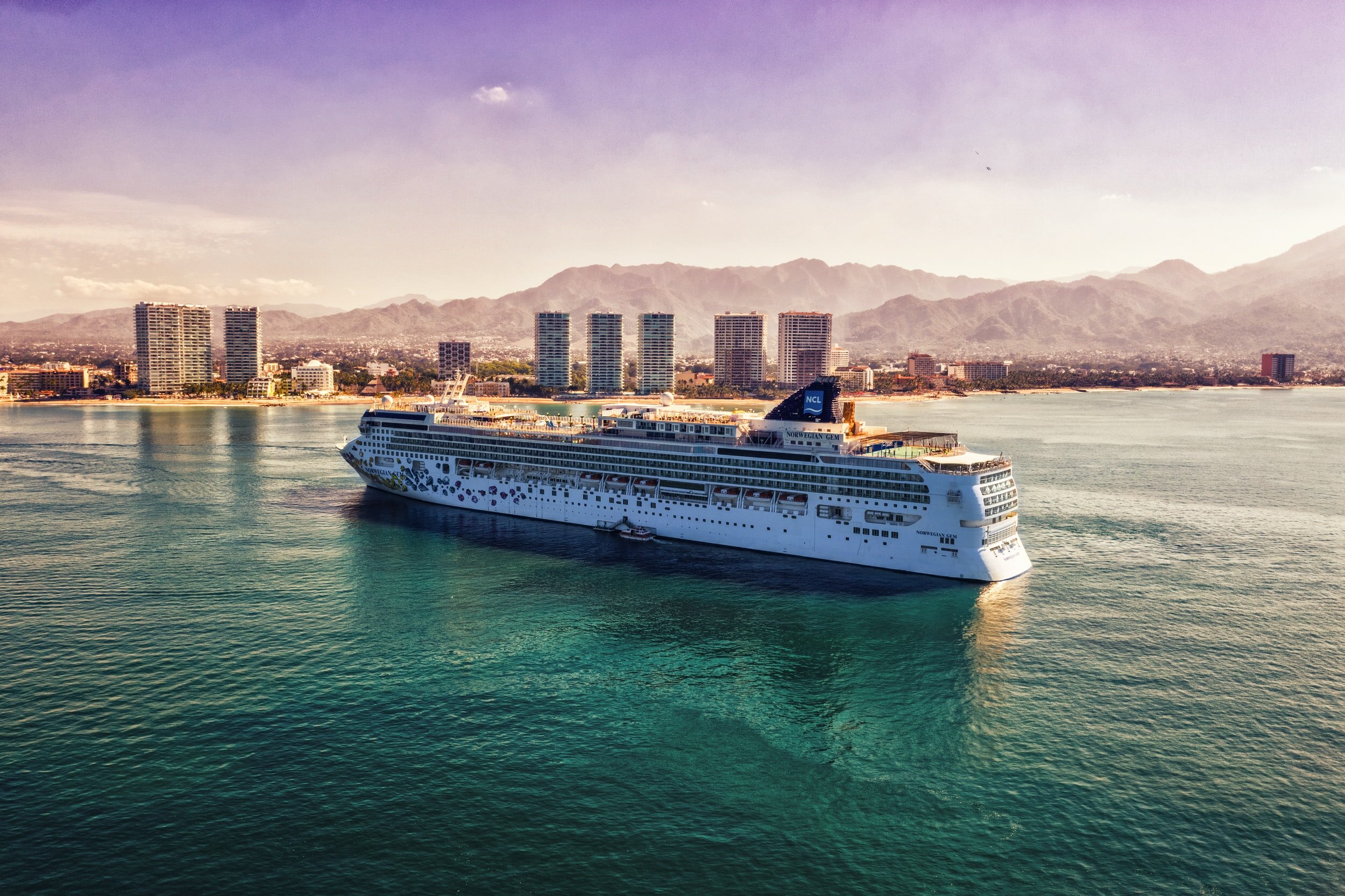
Case Summaries
Splitt Chartering APS & Ors v Saga Shipholding Norway AS & Ors [2020]
“Further to €55 M damage caused to RTE's underwater electricity cable by the anchor of the barge STEMA BARGE II, three related companies, respectively her Owners, Charterers and Operators, claimed to limit their liabilities to £5.5 M based on tonnage. Disputes arose as to Stema UK's qualification as "operator of the ship" and its entitlement to limitation pursuant to the Limitation Convention 1976. in the absence of authority on the meaning of operator or manager and taking into account the difference between conventional merchant ships and dumb barges, the Court was satisfied with the evidence that the limited services (typical of managers) offered by Stema UK were sufficient to make it appropriate to describe it as the "operator" of the barge. The company was therefore entitled to limit its liability.”
Daiichi Chuo Kisen Kaisha v Chubb Seguros Brasil SA [2020]
“The Commercial Court granted an anti-suit injunction against cargo insurers who - in breach of London arbitration - pursued contractual claims for cargo damage and salvage expenses in Brazil against the Vessels managers and her time charterers. The Court rejected the argument that Charterers' application for an injunction was delayed. Equally unsuccessful was the argument that the anti-suit injunction would breach the principle of comity, even though the Brazilian courts were already dealing with Charterers' jurisdictional challenge.”
London Arbitration 3/20
“The Tribunal held that, notwithstanding expiry of 24 months from delivery of the cargo, Time charterer's iCA claim against Owners was not time barred by paragraph 6 of the iCA. Charterers had informed Owners by various emails of the merchant's intended cargo claim — water damage due to the vessel's crew negligence -despite not being able to substantiate the details required by the paragraph, such as "the contract of carriage, the nature of the claim and the amount claimed". However, the Tribunal found that paragraph 6 simply required a "written notification of the cargo claim" for the validity of the recovery and the obligation of providing details — characterised by the words If possible — did not give rise to the barring sanction. Therefore, while the absence of any written notification would bar the recovery claim, the absence of details in relation to it would be of no effect.”
Times Trading Corporation v National Bank of Fujairah (Dubai Branch) [2020]
“Following misdelivery of a coal cargo, B/L holders, NBF, started proceedings in Singapore and subsequently London Arbitration. The carrier, Times, challenged the Arbitration notice alleging wrong addressee and time bar. limes sought an anti-suit injunction on the basis that Singapore proceedings were in breach of the B/L London Arbitration clause. The Court found that the jurisdictional hurdle for a contractual anti-suit injunction was met and that NBF failed to show strong reasons — particularly the prejudice constituted by the time bar —to refuse the relief. However, relying on "discretionary factors", the Court found that this particular injunction required as a matter of "justice" a condition that limes guaranteed not to rely on any time bar in the arbitration.”
Trafigura Maritime Logistics PTE Ltd v Clearlake Shipping PTE Ltd [2020]
“The Defendant charterers (and sub-charterers) were ordered by the Court on 24 March to "provide forthwith such bail or other security as may be required to secure ...release" of a vessel arrested in Singapore. They failed to reach agreement as to the guarantee sought by the arresting bank. The Claimant disponent owners now sought an amendment to the order, such as would require security in the form sought by the arresting bank, or payment of the security sum (US$76 M) into the Singapore Court. The Commercial Court found that "as may be required" meant by the court of the place of arrest. However, in the exceptional circumstances in which Covid 19 prevented the Singapore Court ruling promptly, the Judge decided that he had jurisdiction to impose his solution, rejecting the amendment but ordering payment of the US$76 M into the Singapore Court.”
Qatar National Bank (QPSC) v Force India, The Owners of the Yacht [2020]
“In January the Court ordered sale of the vessel "Force India" in respect of sums secured by a mortgage. Shortly afterwards, despite the advanced state of the sale procedure, the Claimant applied to set aside the sale Order, in light of an agreement with a third party who had committed to repay the loan. The Court held that in the circumstances, the sale was no longer required and reluctantly rescinded the Order, overcoming its concerns for the reputation of the Admiralty Marshal's sales in the market, only because of the "unusual and perhaps exceptional circumstances".”